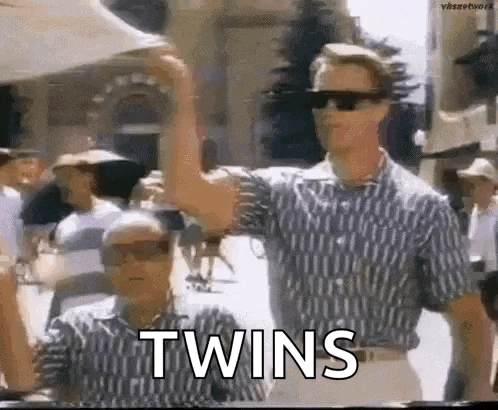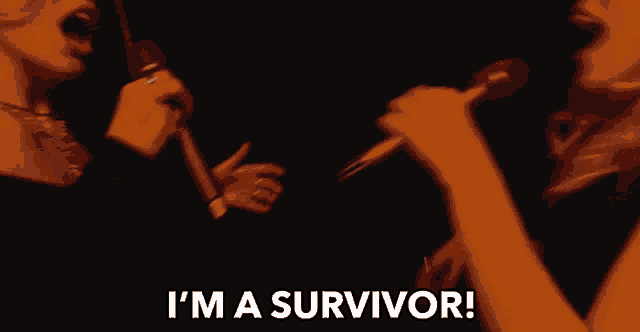If you've ever stared at the end of an email wondering if "Warm regards" sounded too stiff or if "Best" was just too boring, you're not alone. But Gen Z might have the best solution yet—just make it weird.
A viral TikTok has captured the internet’s attention with a series of unexpected, chaotic, and downright funny email sign-offs from young professionals. Instead of the usual business formalities, these sign-offs include things like “Hehe bye,” “That’s all… mmm… yeah,” and the ever-iconic “Alright, alright, alright.”
"Hehe bye."
— @ninetyeightla
This generation just isn’t into pretending
The sign-offs, shared in a TikTok by a Gen Z-led agency, feel more like group chat energy than traditional office speak. But that’s the point. It’s part of a larger shift: Gen Z is over the idea that professionalism has to mean stiff, outdated rituals.
For many young workers, the performative nature of formal communication just doesn’t reflect who they are—or how they want to show up at work. Why write like a robot when you can sound like yourself?
"Alright, alright, alright."
— @ninetyeightla
The video struck a chord, pulling in over 6.8 million views and 1.4 million likes, with commenters chiming in to share their own unorthodox favorites. One person wrote, “I once got an email with ‘warmest vibes’ as a send-off and I’m stealing it for my own use.”
"Warmest vibes."
— TikTok user
Formality for the sake of formality is fading
Gen Z isn't just tweaking the tone of their emails—they’re questioning why these rituals even exist in the first place. Email, once the hallmark of modern professional communication, has become a symbol of outdated expectations to many younger workers. Between Slack, voice notes, and DMs, formality just doesn’t feel necessary anymore.
“As a millennial, I don't see why we have to be so formal. I love this Gen Z vibe,” one TikTok commenter shared. Another added, “As an elder millennial who spent the last 20 years working under boomers: yessss! Thank you!!!! Welcommeeeeeeeeee, we’ve been waiting for you.”
"I love this Gen Z vibe."
— TikTok user
Professional doesn’t have to mean impersonal
These offbeat sign-offs aren’t about slacking off—they’re about authenticity. They reflect a generation that values transparency, humor, and connection over tradition and pretense.
Sure, you may not want to send “Peace out, nerds” to your VP, but the underlying message is one worth noticing: professionalism should evolve with the people in the workplace. And right now, a lot of those people just want to sound human.
If nothing else, it’s a reminder that maybe—just maybe—we don’t need another email ending in “Sincerely.”












 It wasn't even February, so she wasn't expecting what came next.
It wasn't even February, so she wasn't expecting what came next.  The hug came first, the 'yes' took a few moments more.
The hug came first, the 'yes' took a few moments more. 



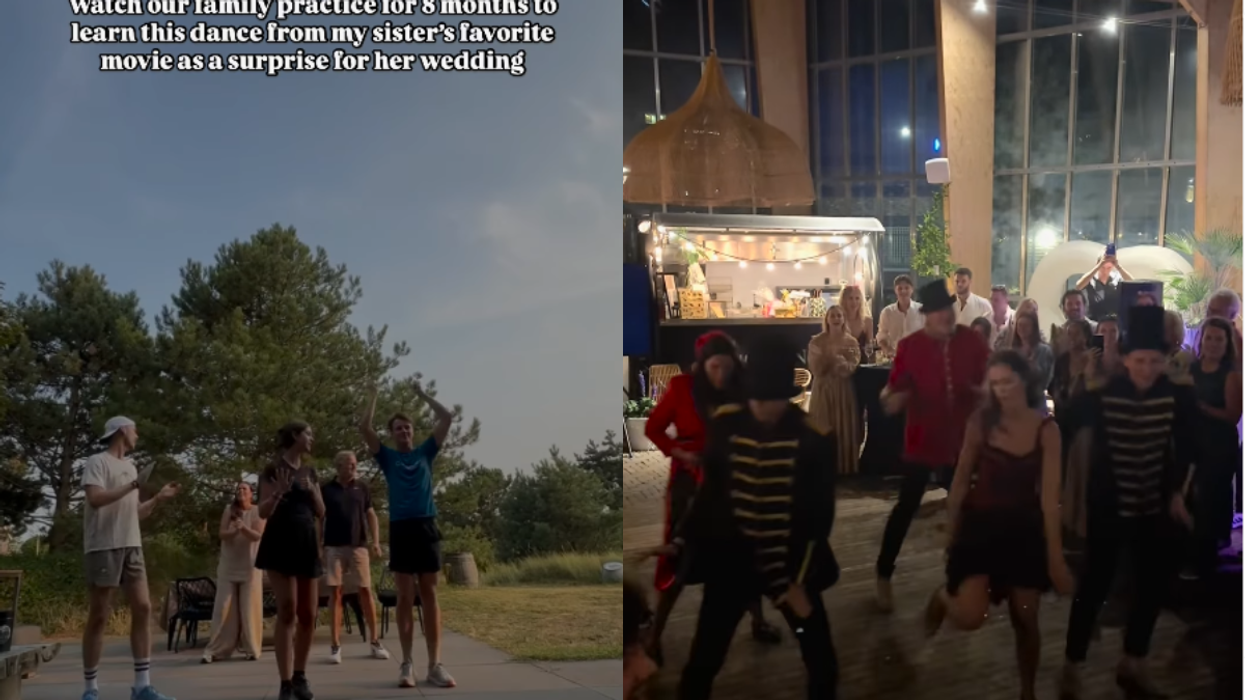

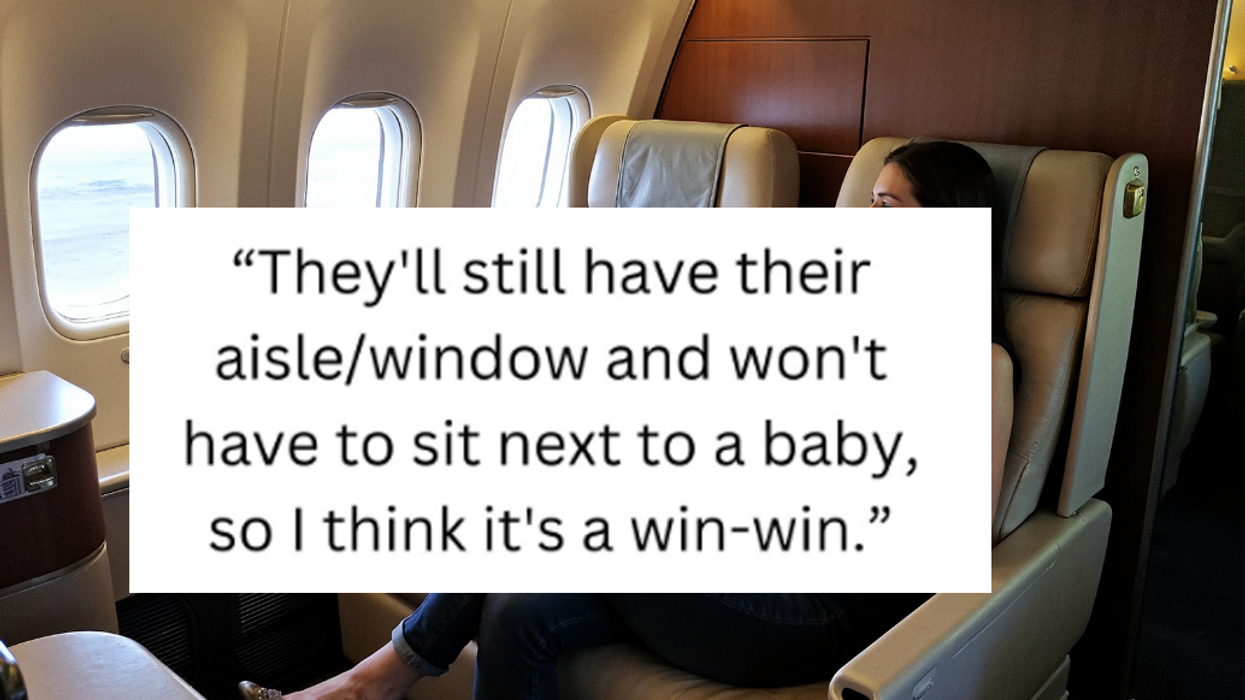
 Representative Image Source: Pexels | Oleksandr P
Representative Image Source: Pexels | Oleksandr P  Layout of the plane seatsImage Source: Mumsnet |
Layout of the plane seatsImage Source: Mumsnet | 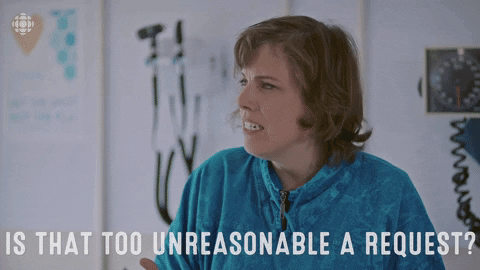

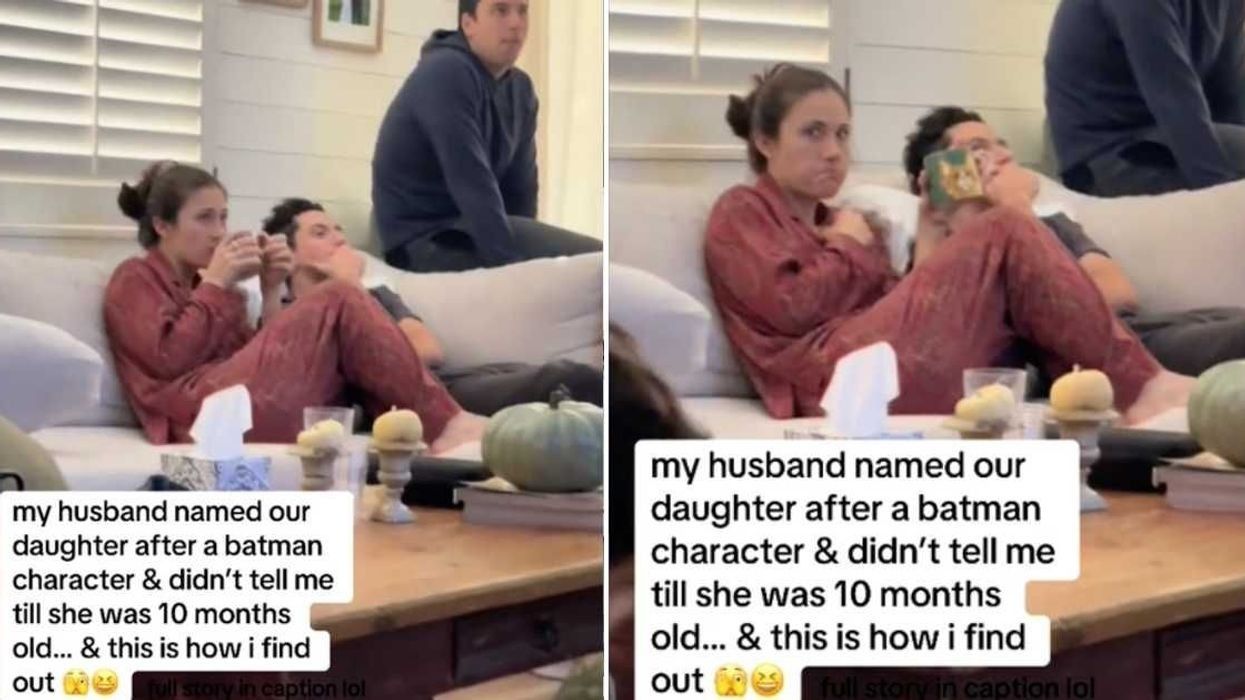
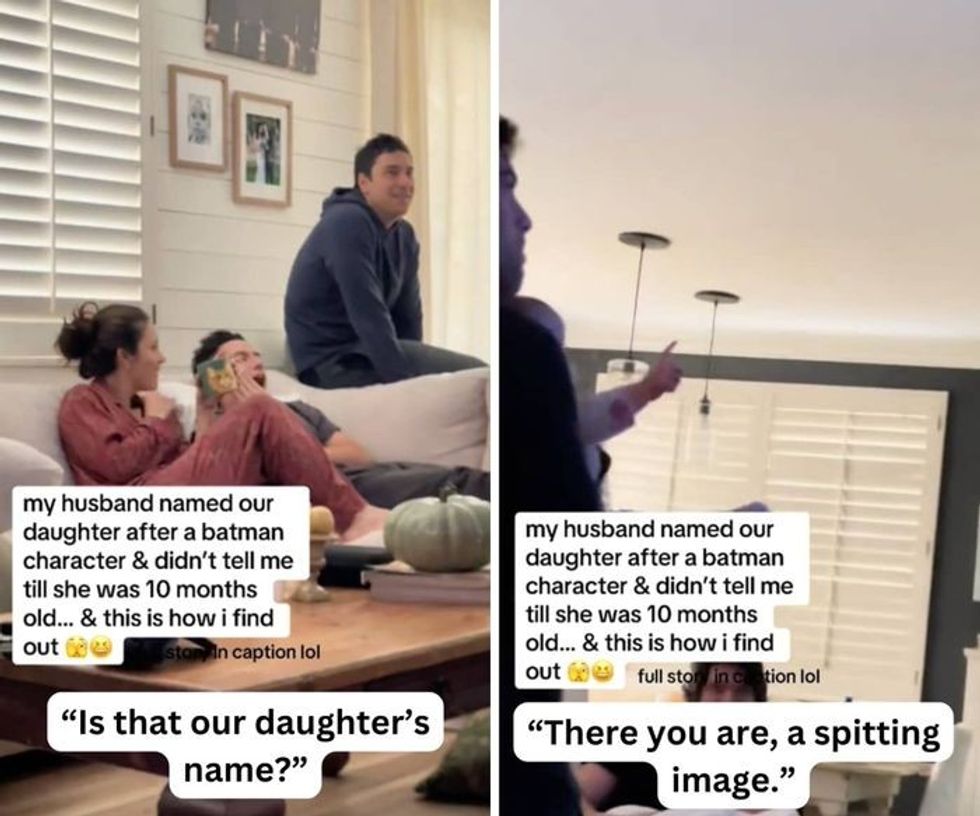
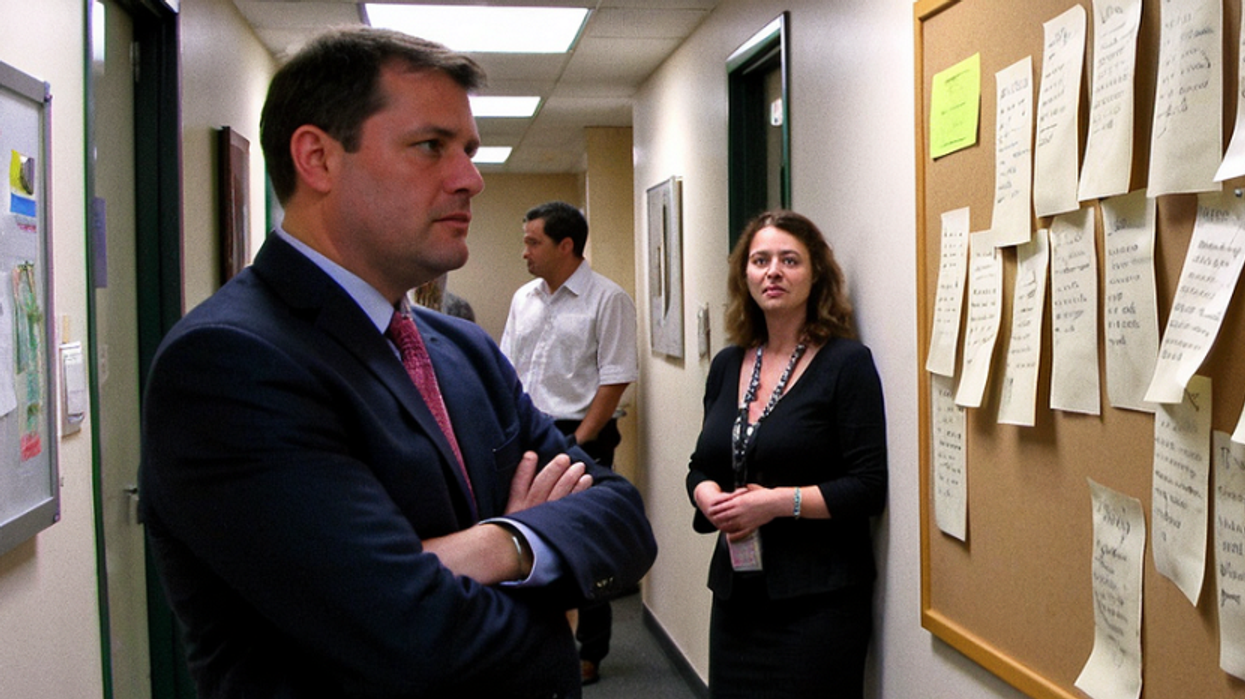
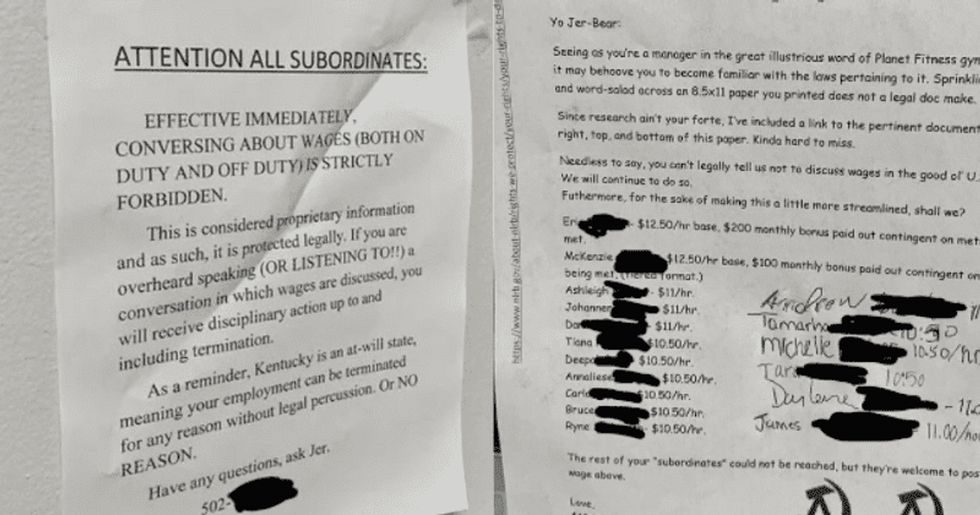 Image Source: Joshua Potash | Reddit
Image Source: Joshua Potash | Reddit 
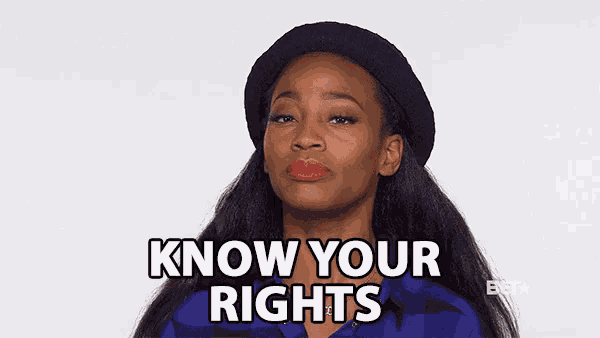


 Representative photo by luis arias |
Representative photo by luis arias | 
 Representative photo by Jamie Lee |
Representative photo by Jamie Lee | 